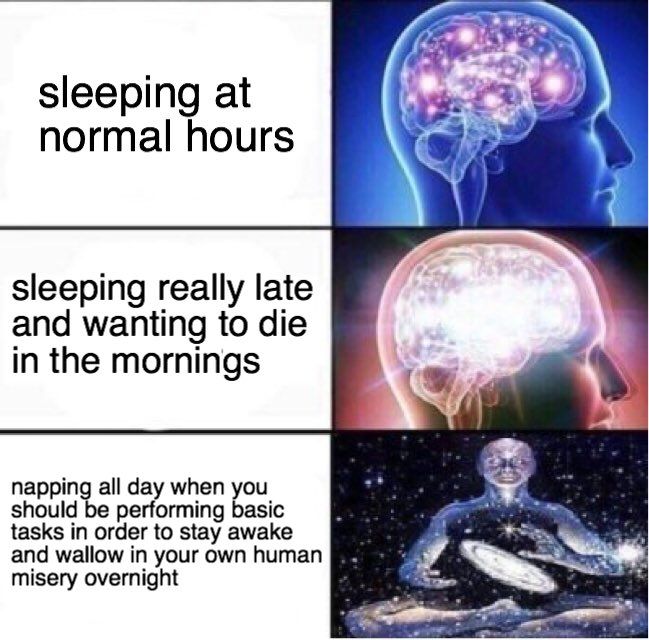As you get less sleep, it’s tempting to reach for an energy or caffeinated drink to stay awake during the day. Believe it or not, consuming these types of drinks to combat sleepiness, can lead to a vicious cycle.
Yes, caffeine will help you stay awake, but it can easily take up to eight hours to wear off. This means it can also reduce your sleep time and decrease the quality of your sleep.
So, how do can you stay awake naturally?
In one well-known study, Robert Thayer, PhD, a professor at California State University, Long Beach, studied whether people were more energized by eating a candy bar or taking a brisk 10-minute walk.
Though the candy bar provided a quick energy boost, participants were actually more tired and had less energy an hour later. The 10-minute walk increased energy for two hours. That’s because walking pumps oxygen through your veins, brain, and muscles.
If you work at a desk, get up frequently for short walks. At meal breaks, walk to a restaurant or, if you bring your lunch, head for a nice spot to eat it. Whether you take a walk outside or just in the building where you work, it will make you feel more alert and refreshed.
There are two things to remember about naps: Don’t take more than one and don’t take it too close to your bedtime.
“Nap between five and 25 minutes,” says Barry Krakow, MD, author of Sound Sleep, Sound Mind: Seven Keys to Sleeping Through the Night. It’s best to nap about six or seven hours before you would normally go to bed. If you must take a late nap close to bedtime, make it a short one.
Napping on the job can be touchy. If you need to nap at work, do it during your break and use a vibrating alarm clock, if necessary, to make sure it doesn’t spill over into your work time.
Sleeping at your desk is usually not a good idea, but many companies now provide nap rooms for employees.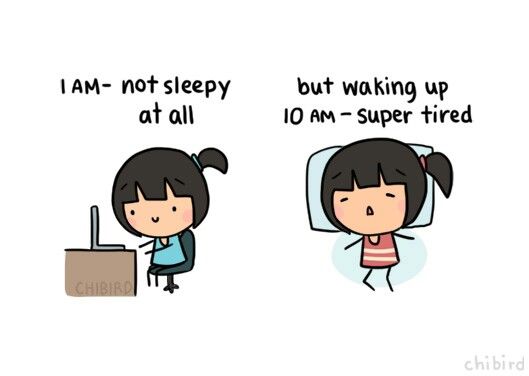
“If you can’t nap, even resting quietly with your eyes closed for 10 minutes or so will help,” says Allison T. Siebern, PhD, a fellow at the Stanford University Sleep Medicine Center in Redwood City, Calif.
Continuous fixation on a computer screen can cause eyestrain and worsen sleepiness and fatigue.
Look away from the screen for a few minutes periodically to relax your eyes.
Sugary snacks give you a quick energy boost followed by the sugar “lows,” when low blood sugar produces mental fogginess and lethargy.
Snacks such as these will provide better overall energy in the long run:
If you’re fading fast, engaging in conversation can get your mind moving again. “Talk to a colleague about a business idea, politics, or religion,” says Krakow, medical director of Maimonides Sleep Arts and Sciences, Ltd. in Albuquerque, N.M. “It’s a very strong behavioral stimulator — especially when it’s a conversation about politics.”
“Talk to a colleague about a business idea, politics, or religion,” says Krakow, medical director of Maimonides Sleep Arts and Sciences, Ltd. in Albuquerque, N.M. “It’s a very strong behavioral stimulator — especially when it’s a conversation about politics.”
Environments with dim lighting aggravate fatigue. Studies have shown that exposure to bright light can reduce sleepiness and increase alertness. Try increasing the intensity of your light source at work.
Deep breathing raises blood oxygen levels in the body. This slows your heart rate, lowers blood pressure, and improves circulation, ultimately aiding mental performance and energy.
The idea of deep-breathing exercises is to inhale to the abdomen, not the chest. You can do them at your desk. Sitting up straight, try this exercise up to 10 times:
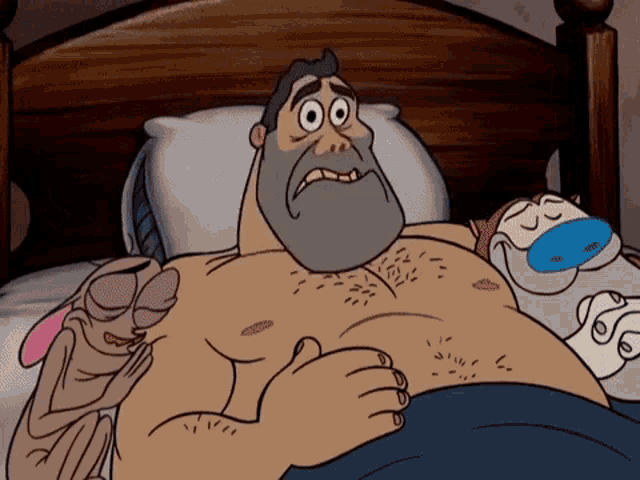 Your chest should not move.
Your chest should not move. Another technique, called stimulating breath, is used in yoga for a quick energy boost and increased alertness:
“Driving while sleepy is as dangerous as driving under the influence of alcohol,” says Siebern. Common tricks such as opening the windows and turning on loud music won’t keep you awake for very long behind the wheel. “Have someone else drive or pull off the road and take a nap until you’re no longer sleepy,” Siebern says.
If you’re on an extended trip, change drivers often. Stop at least every two hours to take a walk and get some fresh air.
In 2004 Finnish researchers who studied people working 12-hour night shifts found that monotonous work is as harmful as sleep loss for alertness.
At work or home, try to reserve more stimulating tasks for your sleepy times. Or switch to more engaging work responsibilities when you feel yourself nodding off.
Dehydration can cause fatigue. Make sure you drink plenty of fluids and eat foods high in water such as fruits and vegetables.
Our circadian rhythms, which regulate our sleep-wake cycle, are influenced by daylight. Try to spend at least 30 minutes a day outside in natural sunlight. (Sleep experts recommend an hour of morning sunlight a day if you have insomnia. ) Even a step outside for a breath of fresh air will revive your senses.
) Even a step outside for a breath of fresh air will revive your senses.
In a 2006 analysis of 70 studies involving more than 6,800 people, University of Georgia researchers found that exercise was more effective in increasing energy and reducing daytime fatigue than some medications used to treat sleep problems.
Regular exercise also improves quality of sleep. Try to exercise 30 minutes a day.
If you decide to exercise hard some days, your energy level may drop for a bit and then surge for a few hours.
Eating a meal that contains both protein and carbohydrates within two hours after a heavy workout will lessen the initial energy loss. Be sure to finish your workout a few hours before bedtime so you are not energized when you try to sleep.
The team at Salem Health is here for you. Call our Sleep Center providers today!
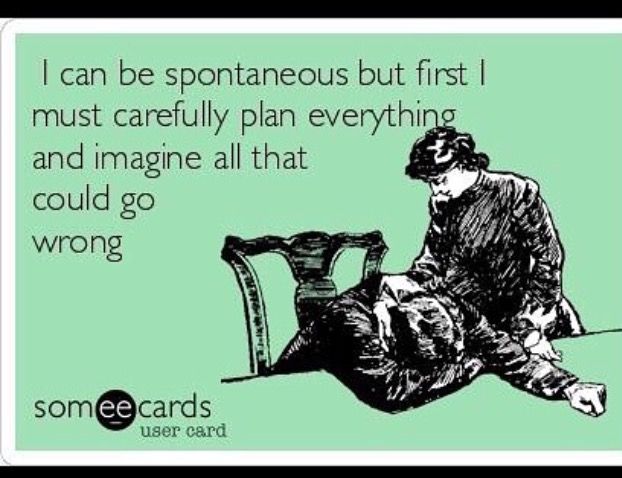 Special Enrollment See all topics Shop for Medicare plans Member Guide Find a Doctor Log in to myCigna
Special Enrollment See all topics Shop for Medicare plans Member Guide Find a Doctor Log in to myCigna
HomeKnowledge CenterHow to Stay Awake at Work
A sleepless night can impact your work and personal life. How do you stay productive the day after a sleepless night?
Even though you may have had a sleepless night, you may still need to have a productive day. Learning how to keep yourself awake following a night of lost sleep, requires you to learn which of the following methods your body best responds to.1
Good night, sleep tight!
Consider your usual night’s sleep: do you sleep like a rock, or do you wake up throughout the night? If you wake up a lot, make sure your sleeping environment is free of lights, sounds and changes in temperature. And limit use of smartphones, computers, and the TV before bedtime Digital devices like these can stimulate your mind and keep you awake instead of asleep.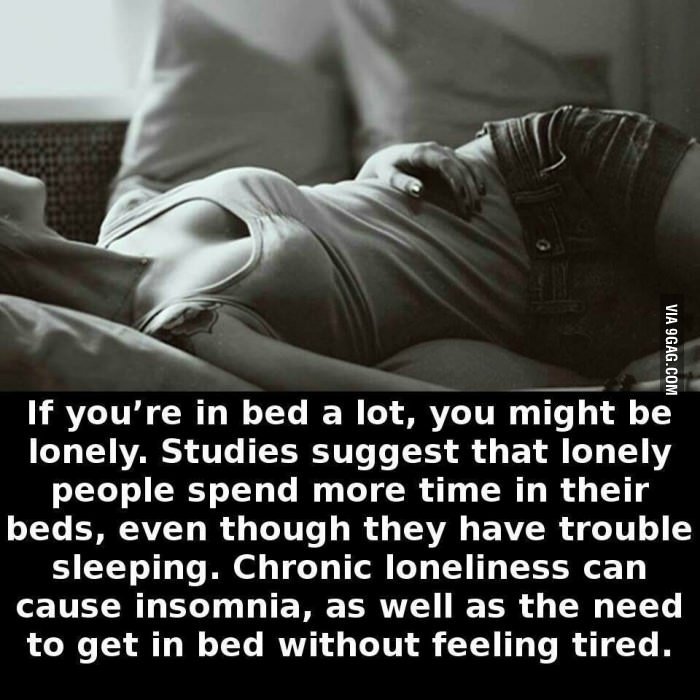
Stay hydrated
While coffee or tea can help jumpstart your day, too much can dehydrate you or make you restless. A good way to stay awake without caffeine is to drink low or no calorie fluids, such as water or herbal tea. Fluids help your circulatory system and get your blood flowing. If you have a headache from too much caffeine, fluids can help relieve it.
Splash your face with cold water
A splash of cold water over your face will draw your circulation upward, toward your head, temporarily renewing your energy, making you feel more awake.
Reduce your sugar intake
Eating sugar is often thought to be one of the best ways to stay awake. But it’s actually best to avoid sugar when you’re tired. It causes blood sugar spikes – which is a spurt of high energy followed by very low energy, which can leave you feeling sleepy.
Interrupt your work routine with regular breaks
If you’re experimenting with how to stay awake at work, try interrupting boring or uninteresting tasks by working for 25 minutes at a time, followed by a 5-minute break. The variety will help you stay awake longer, and may make you more productive. Get up and move around during your break to get your blood flowing.
The variety will help you stay awake longer, and may make you more productive. Get up and move around during your break to get your blood flowing.
Connect with a friend
One of the best ways to stay awake is to do so with others. Focus your mind on something else by talking with a friend or co-worker.
Keep your space cool
A warm room can make you tired, and a cool room does the opposite! Crack a window for a refreshing breeze to keep your blood flowing and your energy level up.
Put on some tunes
Use music to help wake up your senses. It can also distract you and take your mind off feeling tired.
Take a walk
A walk can help bring blood flow to your muscles and wake them up. A change of scenery is also likely to reduce fatigue by inspiring new ideas and even sparking creativity.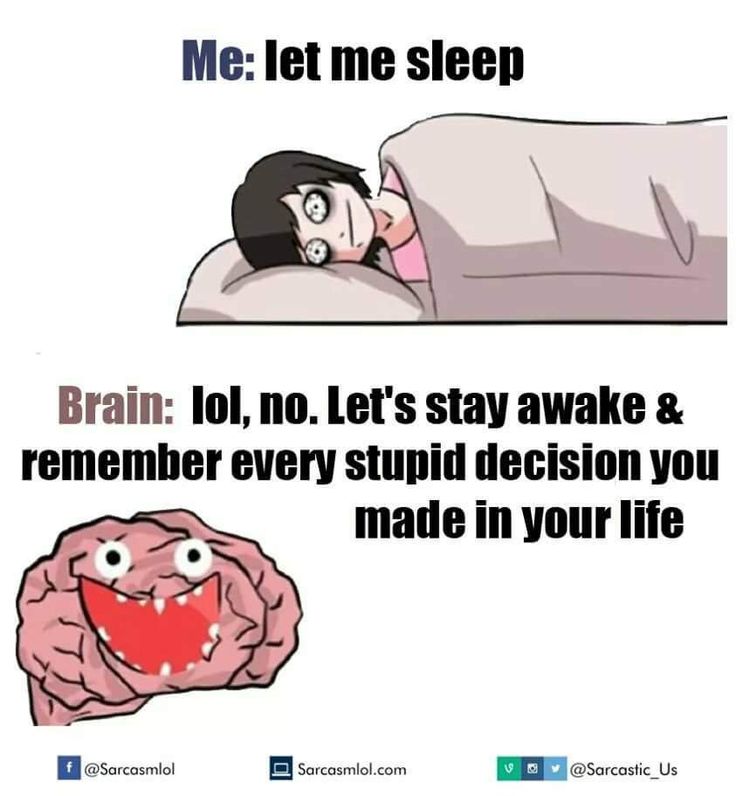
Massage
You can give yourself a jolt of energy by lightly massaging select pressure points on your body. Key areas include: the back of your neck, between your thumb and index finger, behind your knees and just below the balls of your feet.
When you’re at work and need to stay awake, give these tips a try. Make sure to aim for quality rest, as a general rule. If your fatigue and sleeplessness continue talk to your health care provider for guidance.
Back to Knowledge Center
110 Tips to Stay Awake at Work without Coffee, Health Plus, March 29, 2021, https://www.mountelizabeth.com.sg/healthplus/article/10-tips-to-stay-awake-at-work-without-coffee
This article is general health information and not medical advice or services.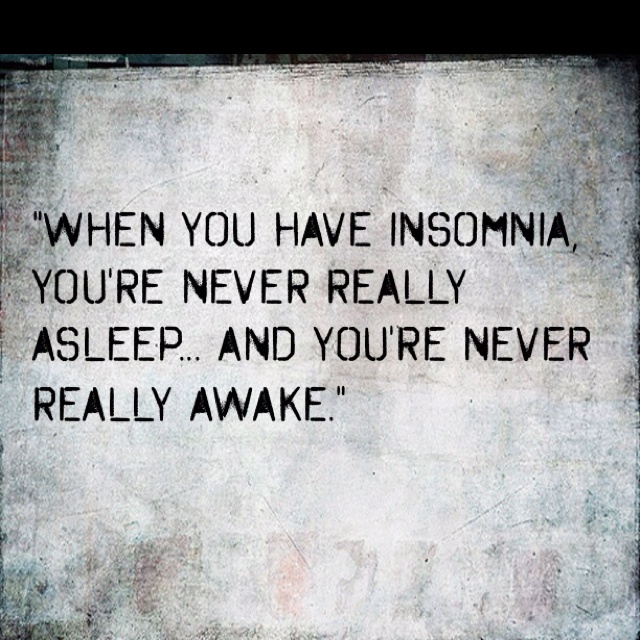 You should consult your doctor for medical advice or services, including seeking advice prior to undertaking a new diet or exercise program.
You should consult your doctor for medical advice or services, including seeking advice prior to undertaking a new diet or exercise program.
October 1, 2020 Adviсe
Discomfort, coffee with chocolate and trolling will help you stay awake until the morning.
You can listen to this article. If it's more convenient for you, turn on the podcast.
Getting ready for bed usually involves some sequence of activities: putting on pajamas, drinking milk, reading a book. For ordinary days, this is an advantage: the body immediately understands that now you are going to bed. If you need to stay awake, these habits are best avoided.
Being slightly hungry will keep you awake, as you are supposed to be active in order to get your own food.
Do not change into pajamas, even if they are very comfortable. Wear something you can't sleep in, like brand new, unworn jeans. Another helper will be shoes with laces. It will not give you the opportunity to "just lie down for five minutes." Unless, of course, you are used to falling asleep in your shoes every Friday.
Wear something you can't sleep in, like brand new, unworn jeans. Another helper will be shoes with laces. It will not give you the opportunity to "just lie down for five minutes." Unless, of course, you are used to falling asleep in your shoes every Friday.
If you want to sleep badly, you will fall asleep even on a hard chair with nails sticking out in some places. A soft bed will not leave you a single chance to hold out until the morning. Therefore, choose not the most comfortable seats.
Studies have shown that bright light suppresses drowsiness. Turn on the overhead light, sconce, table lamp. It is impossible to overdo it in this matter. True, you should not pull this trick at parties: other visitors to a nightclub may be dissatisfied with the lights suddenly turned on.
Find a person with a questionable position on Facebook* and try to convince him.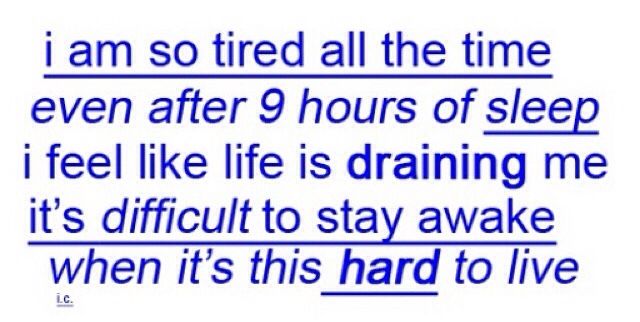 You can sincerely argue or frankly troll, but the effect will be the same: from indignation, you will not only fall asleep - you will not be able to sit still.
You can sincerely argue or frankly troll, but the effect will be the same: from indignation, you will not only fall asleep - you will not be able to sit still.
Not the most unexpected, but working way. A sleepless night the day before leaves you virtually no chance to be productively awake. Unless, of course, you flew from the future to save John Connor. Therefore, before a strategically important night, sleep as hard as you can.
Caffeine does suppress sleepiness. True, there are nuances of drinking coffee, depending on how you want to spend the morning. If you drink it too actively, there is a risk that you will be too alert even when it's time to go to bed. If you drink just a little bit of coffee, you will easily fall asleep when the caffeine leaves your bloodstream.
Instead of trying to pinch yourself to stay awake, outsource this activity.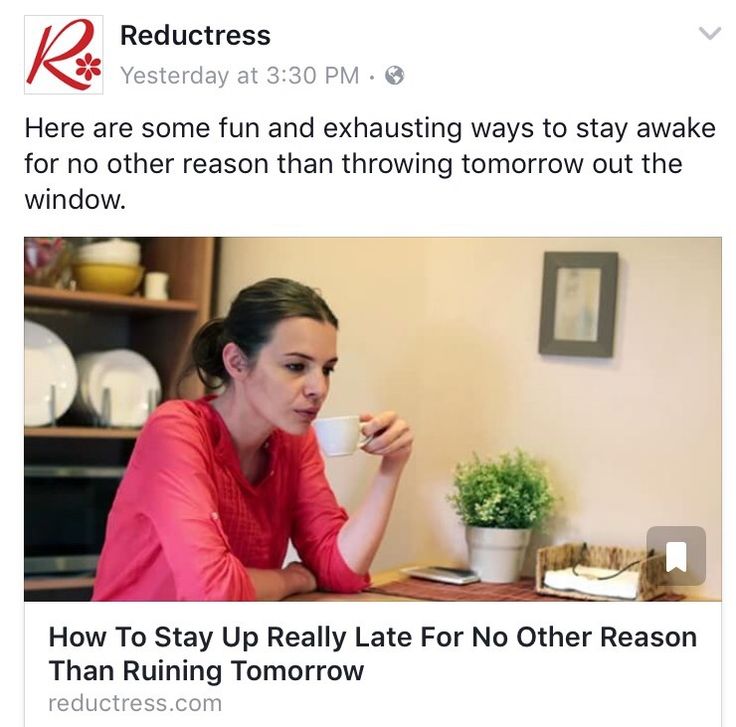 Eat a portion of spicy, burning food. It will irritate the mucous membrane in your mouth enough to make you forget about sleep.
Eat a portion of spicy, burning food. It will irritate the mucous membrane in your mouth enough to make you forget about sleep.
On a sleepless night, just the property of fast carbohydrates that adherents of a healthy diet scold them for is useful: they quickly break down into simple sugars and give a strong, albeit short-lived burst of energy. So ignore the advice of grandmothers "do not eat sweets at night, otherwise you will not fall asleep" and stock up on sweets.
Keep an eye on your level of fatigue, as the energy will leave your body just as quickly: as soon as you feel tired, it's time to take another bite from the chocolate bar.
Rinse face and wrists. Cold water is a kind of stress for the body, and therefore it will inevitably cheer up to eliminate discomfort.
Research has shown that chewing will keep you awake. The brain receives a signal that food is on its way to the stomach, and does not allow the body to relax in anticipation of a portion of energy. In general, you can chew anything, but chewing gum will be a longer-lasting option than food.
In general, you can chew anything, but chewing gum will be a longer-lasting option than food.
Dehydration can lead to fatigue, so listen carefully to your body's signals of thirst. The advice has an added bonus: Have you ever tried to sleep with a full bladder?
Physical activity invigorates, and if you get up every hour and do 15 squats or push-ups, this will significantly extend the period of wakefulness. But jumping is better to avoid, although communication with the police squad, which the neighbors will call because of the noise, can invigorate better than any squats.
Surely there are puzzles that make you forget about everything in the world. For some, these are puzzles, for others - a new level of computer games. If you choose a movie or game, it is better that they are new to you and that you have to carefully follow the twists and turns of the plot.
A sleepless night is a great time to practice multitasking.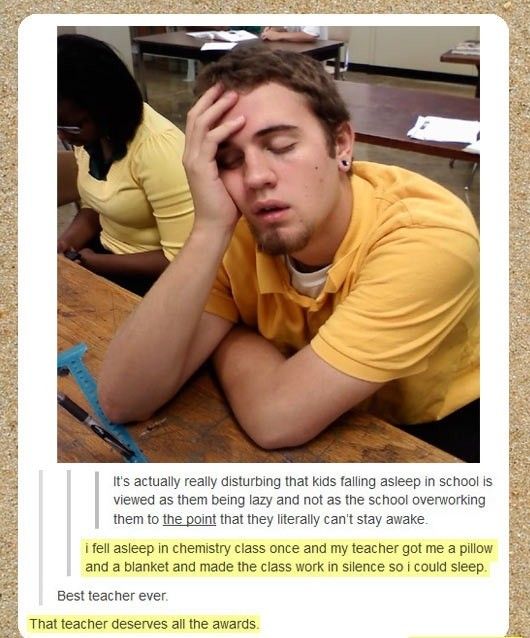 Switch between different tasks to avoid switching to automatic work mode.
Switch between different tasks to avoid switching to automatic work mode.
What methods do you use? Share in the comments.
Read also 🧐
*Activity of Meta Platforms Inc. and its social networks Facebook and Instagram are prohibited in the territory of the Russian Federation.
Photo: Fotolia/alphaspirit
Olga DemidovaFebruary 18, 2016
What to do if after dinner all thoughts are only about a soft pillow? How to keep vivacity and working capacity during the working day? Expert advice.
https://p.dw.com/p/10Z5k
Advertising
A trip to the dining room with colleagues, an appetizing cutlet of a very impressive size, and then another dessert, which again I didn’t have enough strength to refuse.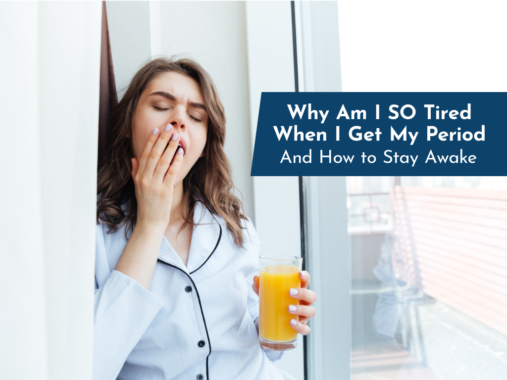 Upon returning to the office, I don’t feel like remembering work at all, my eyes begin to stick together, inexorably sleepy, and before the end of the working day - still a whole eternity ...
Upon returning to the office, I don’t feel like remembering work at all, my eyes begin to stick together, inexorably sleepy, and before the end of the working day - still a whole eternity ...
To maintain efficiency throughout the working day, it is not at all necessary to stock up on liters of strong coffee, it is enough to follow some recommendations from experts.
Sleepy phase
To begin with, it is not necessary to refuse lunch in order to avoid drowsiness. “Fatigue and drowsiness is a normal state of the body in the afternoon, it is due to the alternation of biorhythms. Therefore, a breakdown at 13-14 hours will be felt even if you decide to refuse lunch altogether,” says professor from Bavaria Jurgen Zullay ( Jürgen Zulley, who has been studying the features of human biorhythms for several decades.
According to him, during a period of reduced activity, it does not make sense to collect the will into a fist and struggle to concentrate on work. This time is necessary for the body to relax and restore working capacity. And the most effective strategy, according to Professor Zullay, is to just take a short nap after lunch, no matter how strange it may sound - we are still talking about the office.
This time is necessary for the body to relax and restore working capacity. And the most effective strategy, according to Professor Zullay, is to just take a short nap after lunch, no matter how strange it may sound - we are still talking about the office.
Take a nap in the office
"Rest should last from 10 to 30 minutes, in no case should you relax longer, then it will be difficult for you to collect your thoughts. At the same time, it is not at all necessary to really fall asleep. It is enough just to recline the chair a little, put your feet on the table, close eyes and try to relax," the professor advises.
According to him, even a few minutes of an afternoon nap increases efficiency by 35 percent. Some German companies have already realized the effectiveness of such a pause and have even equipped special lounges for employees.
"It is interesting that many banks and shopping centers have such premises - where employees work with large amounts of cash.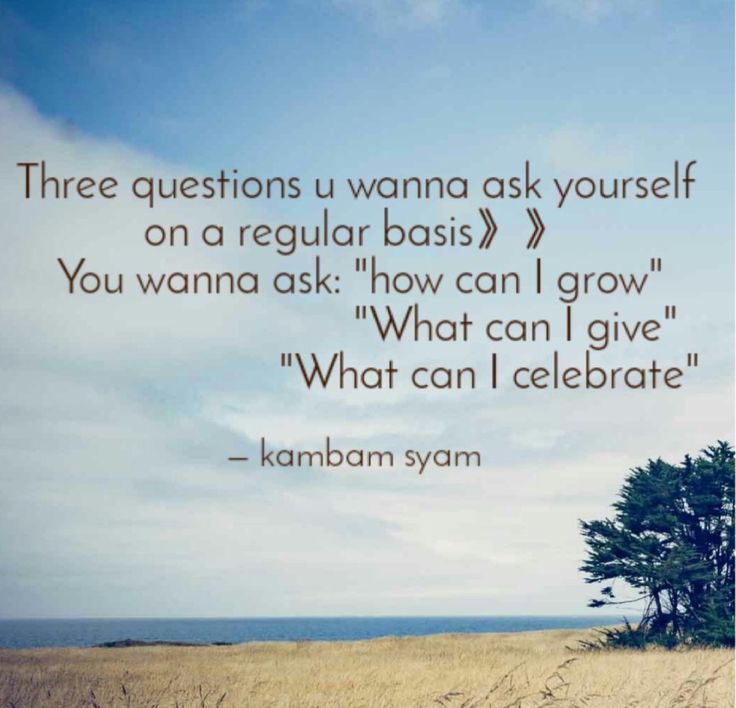 It seems that they attach great importance to ensuring that the staff is well-rested. In addition, I am well aware that afternoon naps are practiced and many top managers, although most of them will never admit it," notes Jurgen Zullay.
It seems that they attach great importance to ensuring that the staff is well-rested. In addition, I am well aware that afternoon naps are practiced and many top managers, although most of them will never admit it," notes Jurgen Zullay.
Sleep alternative
Of course, not all companies have a suitable room for a short afternoon break. It is all the more clear that not everyone can afford to put their feet on the desktop, falling asleep in the presence of colleagues. What to do? The main thing is to break away from the computer and not spend the rest of the lunch break playing solitaire, the expert warns.
"If at work you are sitting at a computer, then computer games cannot be called a pause. It is better to take a walk or go into the next room and chat with colleagues. And if you have to move a lot during work, then during the break you should sit a bit and recuperate," professor advises.
Chat with colleagues instead of solitaire Photo: Peggy Blume - Fotolia. com
com Those who like to drink a cup of coffee after dinner, Jurgen Zullay recommends doing this not after a short rest, but before it. "The caffeine kicks in after about 20 or 30 minutes - just when it's recommended to end the rest phase," he explains.
Children's lunch
The body needs a short pause for another reason, says Sven-David Müller, author of several books on proper nutrition.
"After eating, there is an outflow of blood to the stomach and liver. This is necessary for the digestion process. Many feel a breakdown after dinner and cannot concentrate on work," says a nutritionist from Marburg. To weaken this effect, he advises to refuse a hearty meal.
"It is important that the portion is not too large. A child-sized plate is what you need. Also, you should avoid fatty and rich in fiber foods that require too much energy for the body to digest. Fried meat with french fries or pea soup it is better to prefer, for example, a salad," the expert suggests.